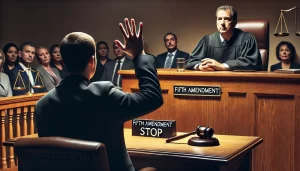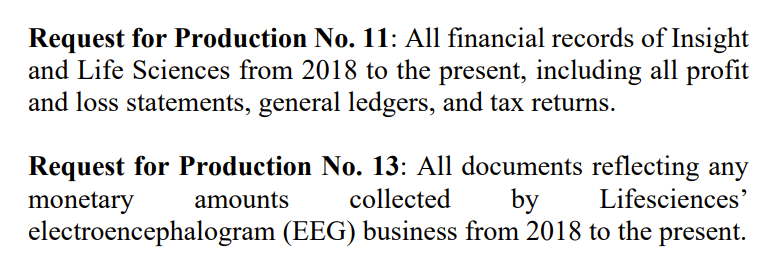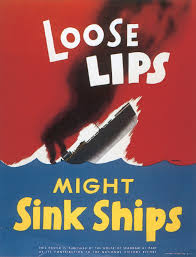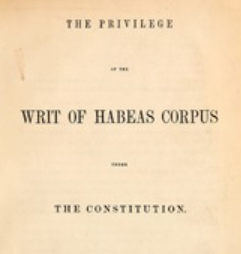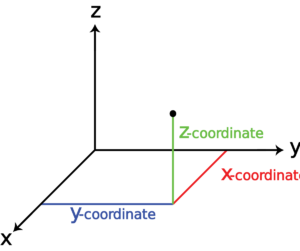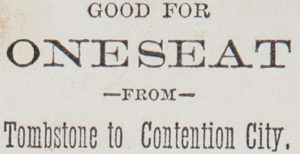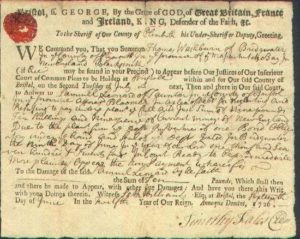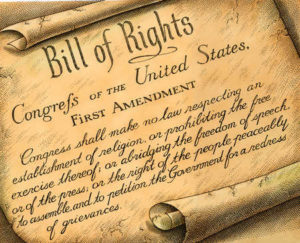In Exporttek, Inc. v. Vista Bank, the appellant offered these reasons for continuance of a summary-judgment hearing:
• The discovery has not expired.
• The discovery date expires on April 7, 2024.
• The motion for summary judgment addresses complex fact issues about what Defendant[] knew and when[,] which can only be resolved through further discovery.
• Plaintiff[s] intend to serve Defendant with written discovery prior to end of discovery deadline.
• Plaintiffs seek an amendment to the scheduling order to extend the time of the discovery to allow Plaintiffs to take the deposition of Defendant’s officer, Landon Willes[s].
• Specifically, the actions of the bank in the fast changing COVID regulatory climate while fast tracking loans for a “windfall” to clients requires serious investigation as to what Vista Bank was doing and whether they punished []Plaintiff[s] for Vista Bank’s hasty decisions.
The Fifth Court did not accept those reasons:
“These general and conclusory assertions do not satisfy the requirements of Rule 252. At best, Borrowers provided a vague description of the discovery they sought. Further, Borrowers failed to establish the materiality of any proposed discovery. Borrowers’ claims are for breach of contract and the contract at issue contained entire-agreement and no-waiver provisions. Motivations are not germane to the resolution of Borrowers’ breach of contract claims. Moreover, Borrowers did not provide any information regarding the diligence on their part in obtaining discovery prior to the hearing.”
The Court went on to review some unfavorable facts in the record about diligence. No. 05-24-00915-CV (Apr. 24, 2025) (mem. op.).

